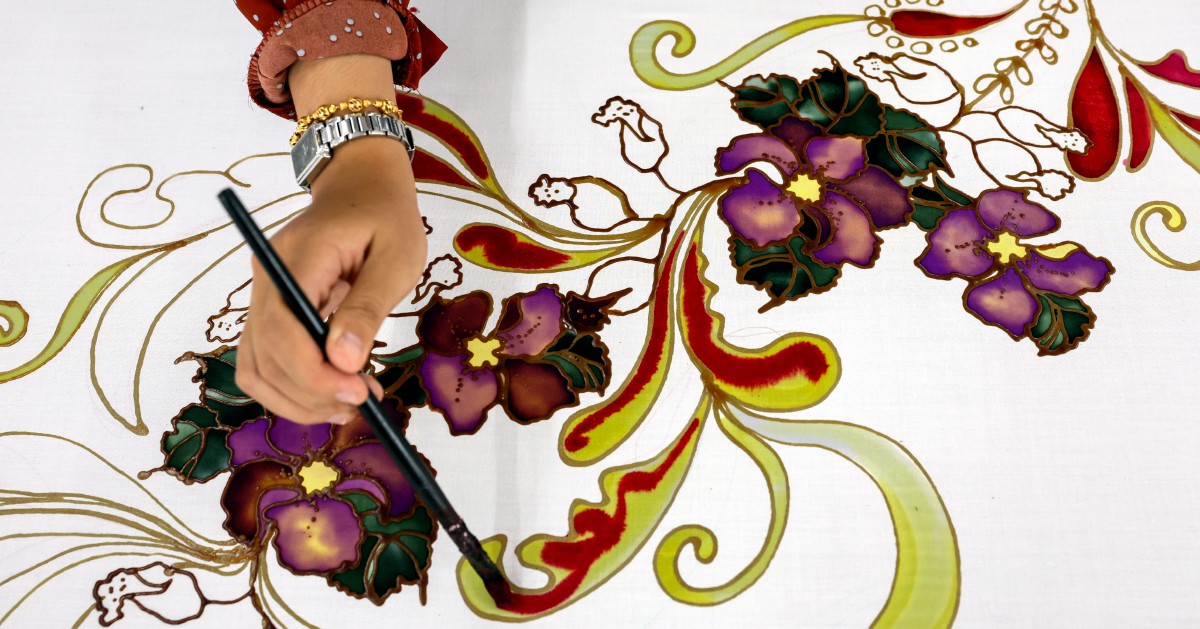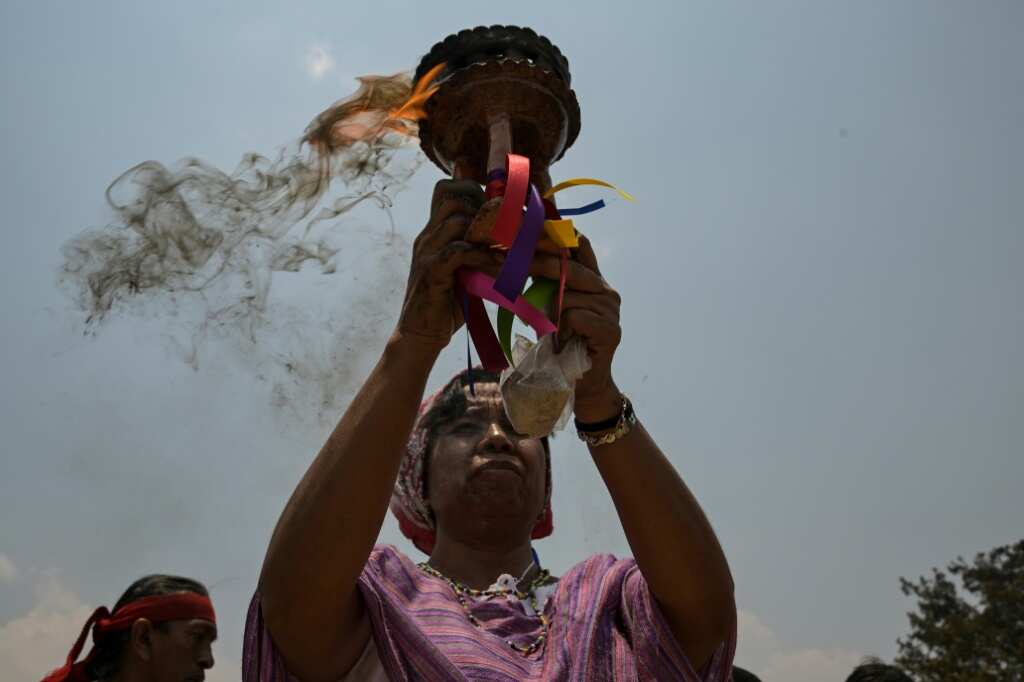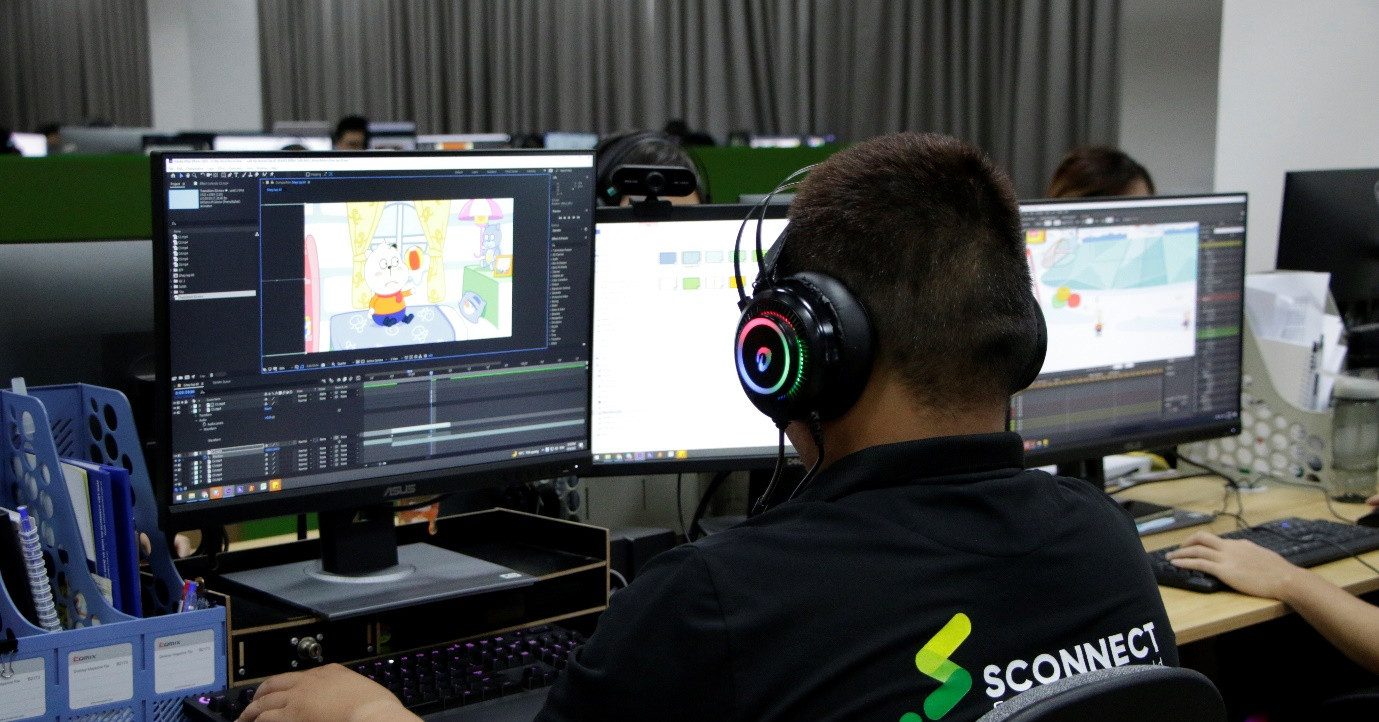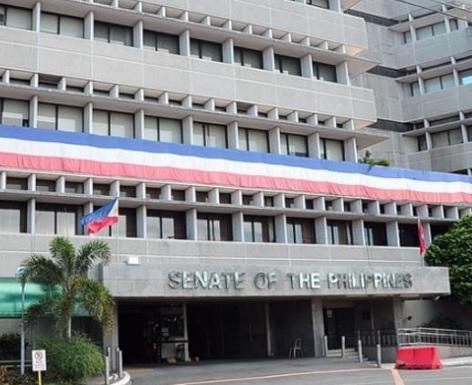



The United Nations agency dealing with patenting and innovation, WIPO, is finalizing a treaty to combat biopiracy [4b77631a]. After more than 20 years of talks, WIPO's more than 190 member states are meeting in Geneva until May 24 to negotiate and finalize the treaty. The draft treaty text requires patent applicants to disclose the country of origin of the genetic resources used in their inventions and the indigenous people who provided the associated traditional knowledge. The treaty aims to fight biopiracy by ensuring that traditional knowledge and genetic resources are used with the permission of the countries and communities from which they originate. The proposed treaty has symbolic value and is expected to increase legal certainty, transparency, and efficiency in the patent system. Disagreements persist on setting up sanctions and the conditions for revoking patents. More than 30 countries already have disclosure requirements in their national laws, but these procedures vary and are not always mandatory. The treaty aims to overcome North-South clashes and involve countries from both the global North and South. The United States and Japan have not opposed the idea of establishing a treaty and hope for an outcome that improves transparency and does not undermine the policy goals of the patent system [4b77631a].
In the Philippines, a Senate panel is set to begin hearings on anti-online piracy bills next week [1cb09481]. The legislative inquiry will focus on two proposed bills that aim to strengthen the powers and functions of the Intellectual Property Office (IPO) to protect the creative industry against online piracy. The hearings will commence on April 23 and will discuss Senate Bill Nos. 2150 and 2385. Senator Jinggoy Estrada filed SB 2150, highlighting the pervasiveness of piracy in the country and its negative impact on the growth of the creative economy and job opportunities. On the other hand, Senator Ramon Revilla Jr. filed SB 2385, which aims to empower the Intellectual Property Office of the Philippines to disable access to sites that infringe copyright and take action for site blocking. The counterpart measures of these proposed bills were already passed by the House of Representatives in May 2023 [1cb09481].
According to experts, piracy is rampant in the digital environment, posing a significant challenge to copyright protection and intellectual property rights. Director of Digital Copyright Center Hoang Dinh Chung believes that using encryption before posting content in a digital environment is necessary to prevent copyright infringement. A study by the World Intellectual Property Organization (WIPO) has shown that the copyright-based culture industry contributes significantly to the GDP of countries like the US, South Korea, France, and Australia. In Vietnam, the cultural industry's contribution to the national economy was 5.82% in 2018 and 6.02% in 2019 but dropped to 4.32% in 2020 and 3.92% in 2021 due to the Covid-19 pandemic. The production value of Vietnam's cultural industry from 2018-2022 was estimated at VND1.059 quadrillion or $44 billion [68e79db6].
Head of Copyright Office of Vietnam Tran Hoang emphasized the importance of intellectual property in a creative economy and the need for copyright protection to support a competitive cultural industry. Vietnamese content firms, mostly small businesses, struggle to protect their content from piracy due to limited resources. Technology can help protect intellectual property in the digital environment through solutions such as copyright registration authentication, content encryption, automatic scanning, and AI apps to detect piracy. The copyright infringement rate in Vietnam is relatively high due to the difficulty in detecting violators and violation behaviors in the cross-border digital environment [68e79db6].
Malaysia is promoting its batik and handicrafts at the WIPO exhibition in Geneva [696a1849]. The exhibition aims to showcase the cultural heritage and creativity of different countries. Malaysia's participation in the exhibition is part of its efforts to promote its traditional arts and crafts on the international stage. The exhibition provides an opportunity for Malaysian artisans to showcase their skills and products to a global audience. Malaysia's batik and handicrafts are known for their intricate designs and high-quality craftsmanship. The promotion of these traditional arts and crafts helps to preserve Malaysia's cultural heritage and supports the local artisans and craftsmen. The WIPO exhibition in Geneva is an important platform for countries to exchange knowledge and experiences in the field of intellectual property. Malaysia's participation in the exhibition demonstrates its commitment to protecting and promoting its traditional arts and crafts [696a1849].